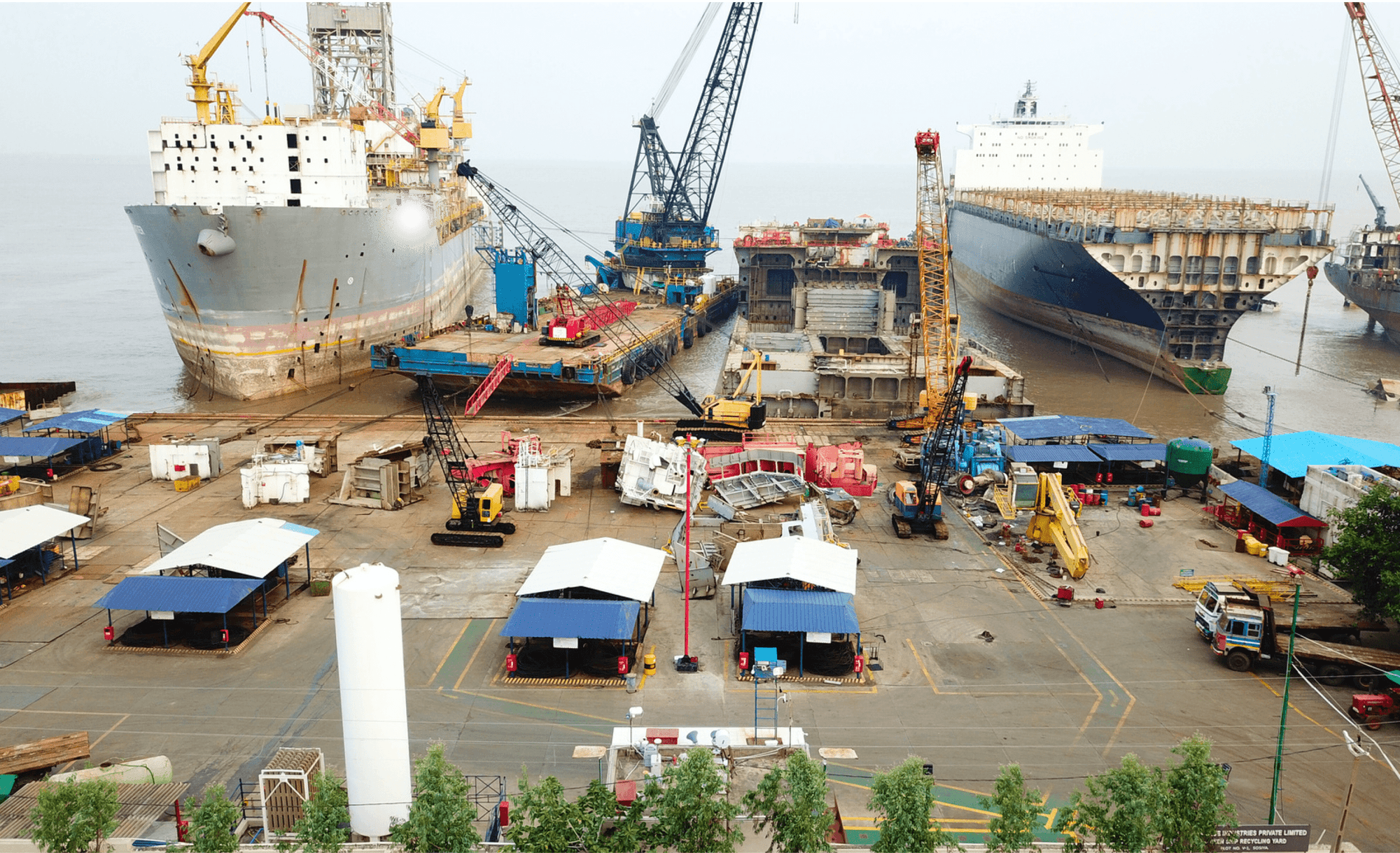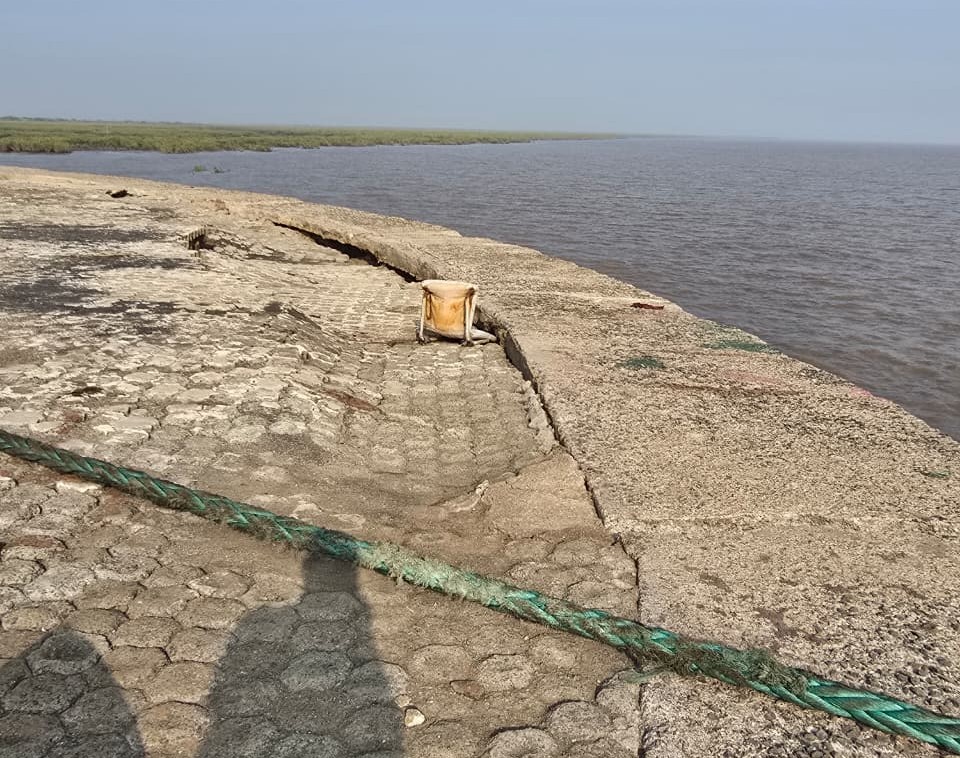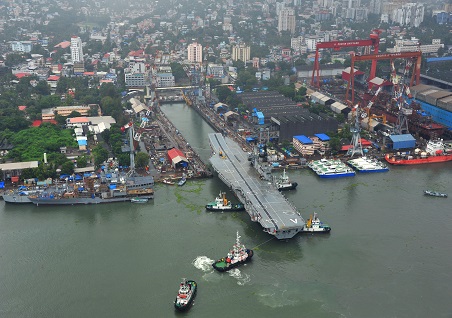Australia Sparks Controversy by Sending Northern Endeavour FPSO to Europe for Recycling
12 July 2025
The Australian government’s decision to send the Northern Endeavour, a massive floating production, storage and offloading (FPSO) vessel, to Europe for recycling has sparked sharp criticism from unions and industry observers. The move, while defended by Canberra as an environmentally sound and cost-effective solution, is being labelled by labour groups as a stark betrayal of the nation’s promise to invest in a sovereign decommissioning and green metals industry under its “Future Made in Australia” agenda.

At the heart of the controversy is the government’s awarding of the FPSO dismantling contract to Modern American Recycling Services Europe (MARS), a Denmark-based facility that will oversee the recycling of the vessel and disposal of all associated waste, including hazardous materials. The FPSO will be transported across 28,000 kilometres by China’s COSCO Shipping Heavy Transport, aboard the semi-submersible heavy transport vessel Hua Rui Long.
Union Outrage and Sovereignty Concerns
The Maritime Union of Australia (MUA) and the Australian Workers’ Union reacted angrily to the announcement, accusing the government of outsourcing high-value jobs and contradicting its own policy goals.
“Towing the Northern Endeavour to Europe for dismantling is not just an absurd outsourcing of jobs — it’s a 15,000 nautical-mile climate contradiction,” said Paddy Crumlin, national secretary of the MUA. “By the time it gets there, we’ll have burned more fuel hauling steel across oceans than it would take to recycle it here at home.”
Union leaders argue that the contract represents a missed opportunity to build domestic expertise and capacity in the ship dismantling and green metals sectors, both of which are considered critical pillars of the Future Made in Australia policy — a plan championed by the Albanese government to revitalise the nation’s industrial base, reduce reliance on foreign services, and promote sustainable, high-tech industries.
They contend that the dismantling work could and should have been done in Australia, potentially setting the groundwork for a local ship recycling industry and contributing to sovereign capabilities that would benefit the country economically, environmentally, and strategically.
Government Defends Decision
However, Resources Minister Madeleine King defended the tender process and the decision to award the contract to MARS, stating that it followed a global, competitive open tender that prioritised safety, environmental outcomes, and value for money.
In a statement, the government said:
“Modern American Recycling Services Europe (MARS) best meets the project’s aims for the safe, timely, and environmentally responsible decommissioning of the Northern Endeavour FPSO. Their facility complies with European Union ship recycling regulations, ensuring high standards for health and safety and environmental protection.”
The government also pointed to the urgency of removing the vessel, citing the FPSO’s deteriorating condition as a risk factor. “Timely acceptance of the FPSO title and commencement of recycling is important because of the floater’s worsening condition,” the statement read.
MARS’ prior experience in complex offshore recycling projects and its track record in managing hazardous waste were cited as significant factors in the evaluation process.
Europe’s Role and the Danish Facility
The recycling will be carried out at MARS’ facility in Frederikshavn, Denmark, which the Australian government described as purpose-built and compliant with the European Union Ship Recycling Regulation (EU SRR). This regulation, which is aligned with the principles of the Hong Kong International Convention for the Safe and Environmentally Sound Recycling of Ships, mandates strict controls over pollution, worker safety, and hazardous waste disposal.
While the decision to use a European facility has sparked outrage domestically, some experts say it reflects the lack of current capacity within Australia to handle such a large and complex shipbreaking project.
“There’s no doubt this is disappointing from a jobs and sovereignty perspective,” said an industry analyst who requested anonymity. “But the reality is that Australia lacks the infrastructure and regulatory framework right now to dismantle a vessel of this size safely and responsibly.”
Decommissioning Work Still Open to Australian Firms
In an attempt to appease critics, the government has reiterated that related decommissioning work on the Laminaria-Corallina oil fields, where the Northern Endeavour had operated, will be tendered to Australian companies.
This work includes plugging and abandonment of subsea wells, removal of subsea infrastructure, and site remediation — all of which could generate hundreds of jobs in the local offshore services industry.
The Northern Endeavour had ceased production in 2019 and was placed under the Australian government’s custodianship in 2020 following the liquidation of its operator, Northern Oil & Gas Australia (NOGA). Since then, the vessel and its associated facilities have been maintained under government management as part of the Offshore Petroleum Decommissioning Program, launched with over AU$1 billion in funding to deal with legacy offshore oil and gas infrastructure.
Broader Implications for Australian Ship Recycling
The decision to export the Northern Endeavour for recycling could have lasting implications for Australia’s ambitions to build a ship recycling sector. Despite possessing a vast coastline and a substantial maritime sector, the country has long lacked formal shipbreaking capacity — an issue made more urgent as global environmental regulations tighten and more vessels reach the end of their service lives.
Supporters of domestic development argue that creating a sustainable, regulated ship recycling industry in Australia could not only support the green metals transition but also align with international best practices and labour rights standards.
“This is a sector we need to build, not bypass,” said a spokesperson for the Australian Workers’ Union. “The Northern Endeavour was the perfect opportunity to invest in Australian skills, infrastructure, and environmental leadership — instead, we’re shipping jobs offshore.”
Conclusion
As the Northern Endeavour begins its long journey to Europe, the debate over its fate continues to highlight tensions between policy ambition and practical execution. While the government maintains that its choice was the most responsible and timely under current conditions, critics warn that it undermines both climate credibility and industrial sovereignty.
Whether this moment becomes a catalyst for future investment in Australian ship recycling — or a cautionary tale of policy inconsistency — remains to be seen. What is clear, however, is that the battle over how and where Australia dismantles its maritime legacy has only just begun.
Author: shipping inbox
shipping and maritime related web portal









